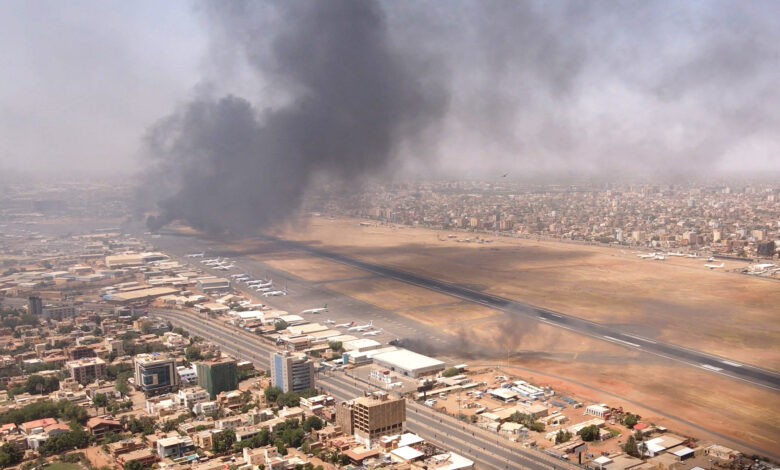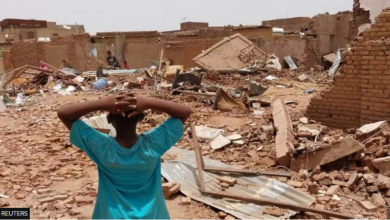Massive economic losses and massive destruction caused by the war in the Sudan

The war in the Sudan between the army and rapid support on Wednesday completed 300 days, leaving 13 1,000 dead, 10 million displaced people, massive destruction of public and private infrastructure and property, and an estimated $ 120 billion in economic losses.
The last four days have seen further escalation, particularly in Omdurman and Khartoum Bahri, north of the capital Khartoum, and in a number of areas of Kordofan and Darfur, amid reports of hundreds of civilian deaths.
The Sudan Doctors’ Association said that “the war machine continues to reap the lives of Sudanese and destroy their property, institutions and public life”, noting that the catastrophic humanitarian situation has become more complex.
Many vulnerable groups, such as children, the elderly and pregnant women, have great difficulty moving out of combat zones or unsafe places, putting their lives at risk.
According to the United Nations Children’s Fund (UNICEF), more than 20 million children pay a heavy price for security deterioration in most regions of the country.
UNICEF cautioned that hundreds of thousands of newborns needed quality care at birth, which was diminished by millions of blockades in war zones or forced displacement in a serious shortage of medical supplies.
Since the outbreak of fighting in mid-April, more than 300 historic and vital installations in Khartoum, Madani, Darfur and Kordofan have been completely or partially destroyed and hundreds of thousands of Khartoum’s inhabitants have lost the ability to live in their homes either because of the total or partial destruction that has left them vulnerable.
The war destroyed tens of thousands of Khartoum residents’ homes and hundreds of vital and historic civilian installations, including bridges, museums, infrastructure installations, ministerial buildings, Banuka, universities and others.
Observers considered that the considerable destruction of Khartoum and other areas of the country added to the economic and financial burdens of the war.





